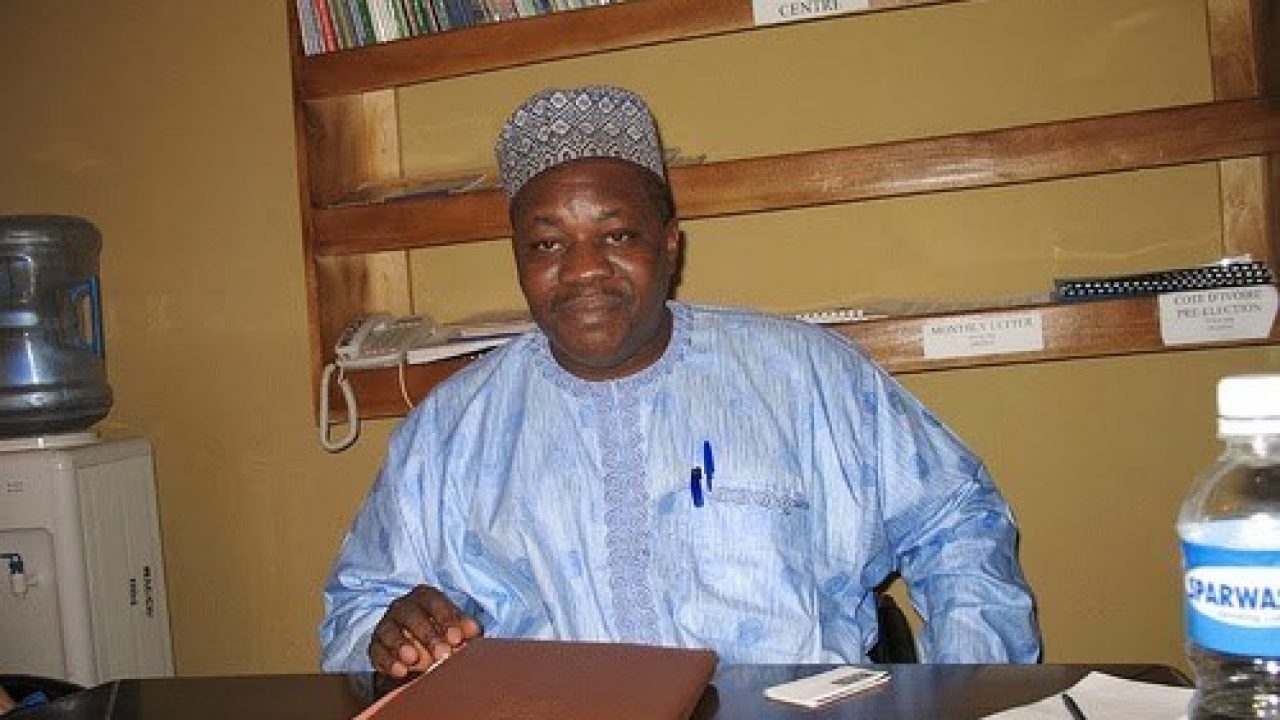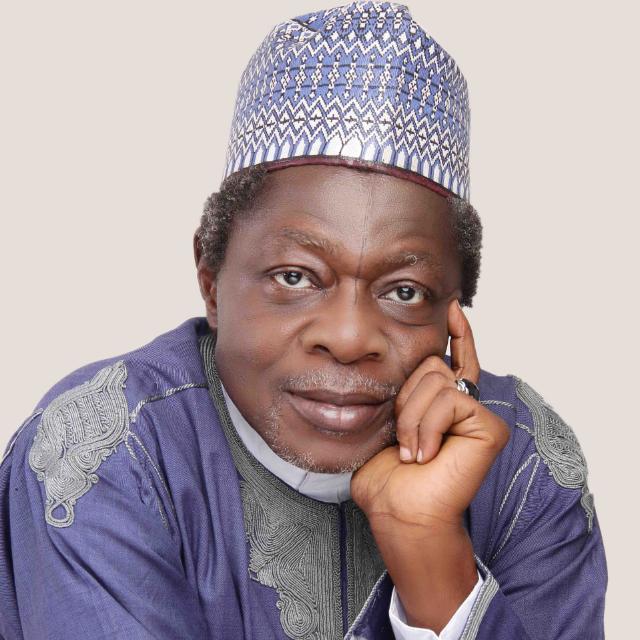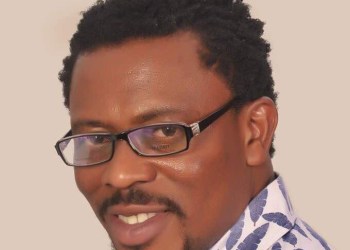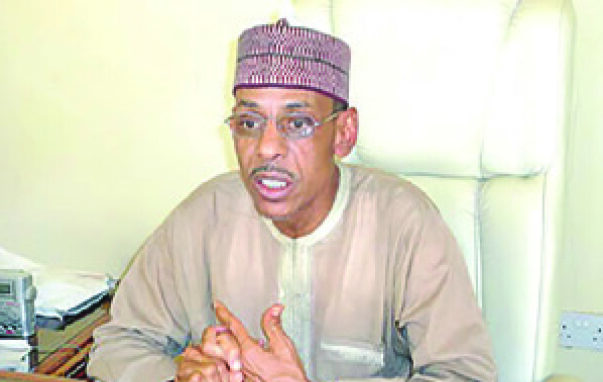Five Truths About the Nigerian Presidential Election, By Jibrin Ibrahim
On Wednesday, Bola Tinubu was declared the winner of Nigeria’s presidential election by the Independent National Electoral Commission (INEC) Chairman, Mahmood Yakubu. Tinubu of the ruling All Progressives Congress (APC) party garnered a total of 8,794,726 votes, or about 35%, defeating his two main rivals: Atiku Abubakar of the main opposition Peoples Democratic Party (PDP), who secured 6,984,520 votes, or about 29%; and Peter Obi of the Labour Party, who received 6,101,533 votes, or about 25%. The three leading candidates won in one third of the states with twelve each, although the twelfth for Obi is the Federal Capital Territory. This election tells the essential truth about Nigerian elections – the history of Nigeria’s electoral geography is clear; no hegemonic party can emerge in a credible election. This was the situation in all of Nigeria’s foundation republican elections in 1959, 1979 and 1999. Following these elections, the ruling parties abused their powers of incumbency to make themselves hegemonic in subsequent elections through rigging. Those dismissing the current election and calling for its cancellation are doing great disservice to the efforts made by political parties and citizens to disrupt incumbency powers and re-establish the truth of Nigeria’s electoral geography as the victories by opposition parties in Lagos, Kano, Kaduna among others show.
The second truth about Nigerian elections is that there is always a variable level of fraud, which can upturn outcomes in a number of constituencies. Nigerians are politically perceptive, they see it and the story of rigging would normally be the defining narrative of every election even if there is insufficient evidence to show the overall outcome would have been different. The 2007 election is notorious for being one of the most heavily rigged election in Nigerian history but there is no evidence that Buhari would have defeated Obasanjo had the election been free and fair. 2007 is also the main example in which the national leadership of the Electoral Commission was implicated in the organisation of electoral fraud. The norm is that elections are actually organised at the operational level by the 774 electoral officers at the local government level, sometimes coordinated by Resident Electoral Officers at the State level but the blame is always on the INEC Chairman, who as the leader of the Commission takes all the blame. When we scholars orient ourselves towards studying what happens to elections at the local government level, more light would arise on what the results mean.
The third truth about the February 23 election is that the leadership of INEC is guilty as charged for eroding the credibility of the election by proposing an integrity test for the elections – INEC Result Viewing Portal (IReV) and failing to deliver on it. The main technology innovation, BVAS, would ensure that only those eligible to vote participate and additional “votes” cannot be added subsequently. Recalling the 2019 debates, there cannot be fabricated votes subtracted or added by any INEC server. At the end of voting in each polling unit, the results would be counted in the presence of voters and written into the poster EC 60E which will be posted on the wall. It is this result that was to be captured through a scan and sent through BVAS directly to the INEC viewing portal that all citizens and voters can see live. This transparency means everyone will be seeing the results as they come in and citizens, candidates and parties can cross check that the results on the portal reflect what was compiled at the polling unit. Citizens would have therefore all participated in confirming that the portal results replicate what was counted at the polling units. The IReV component of the integrity test failed and therefore the credibility of the election was lost using the definition of the integrity test crafted by INEC itself. This failure for me is really catastrophic because it created the basis for loss of confidence of citizens in INEC and its processes.
The fourth truth about the election is that voter suppression is the underlying reality. There are 93,469,008 registered voters in Nigeria but only 23,377,466 turned out to vote given a voter turnout of only about 27% which continues the downward trend of voter engagement as apathy deepens. This was however the election that had the vocation to turn the tide of voter apathy. In the lead up to the election, 9.46 million new voters had registered, 70% of them youth between the ages of 18 and 34. They showed a lot of enthusiasm about the elections, campaigned and were ready to vote. Many could not vote due to violence and ethnic profiling, late commencement of elections, malfunctioning of technology and lack of transport money to their polling units due to the Naira scarcity. In other words, voter suppression worked.
The final truth about the election is that even without Naira, vote buying occurred through bank transfers, offer of food parcels and yes, distribution of the scarce new currency. While citizens could not access cash from their banks and businesses, politicians could and did even if there was less of it than was the norm. EFCC reported someone in Lagos with 32.4 million Naira and another in Rivers with USD 500,000 for vote buying. Denying citizens access to their own money with the hope that politicians cannot bribe voters needs a lot of naivety to think it would be effective.
For all these reasons, many candidates have good reason to feel these elections were rigged against them. Some of them have already indicated that they will go to court and they should. The Nigerian police needs to rise to the occasion and arrest actors who organised violence and electoral fraud because such behaviour continues to mar our elections due to lack of accountability. People who are involved in criminal activity almost never get arrested and prosecuted for their crimes so they continue. We must learn to stop them.




